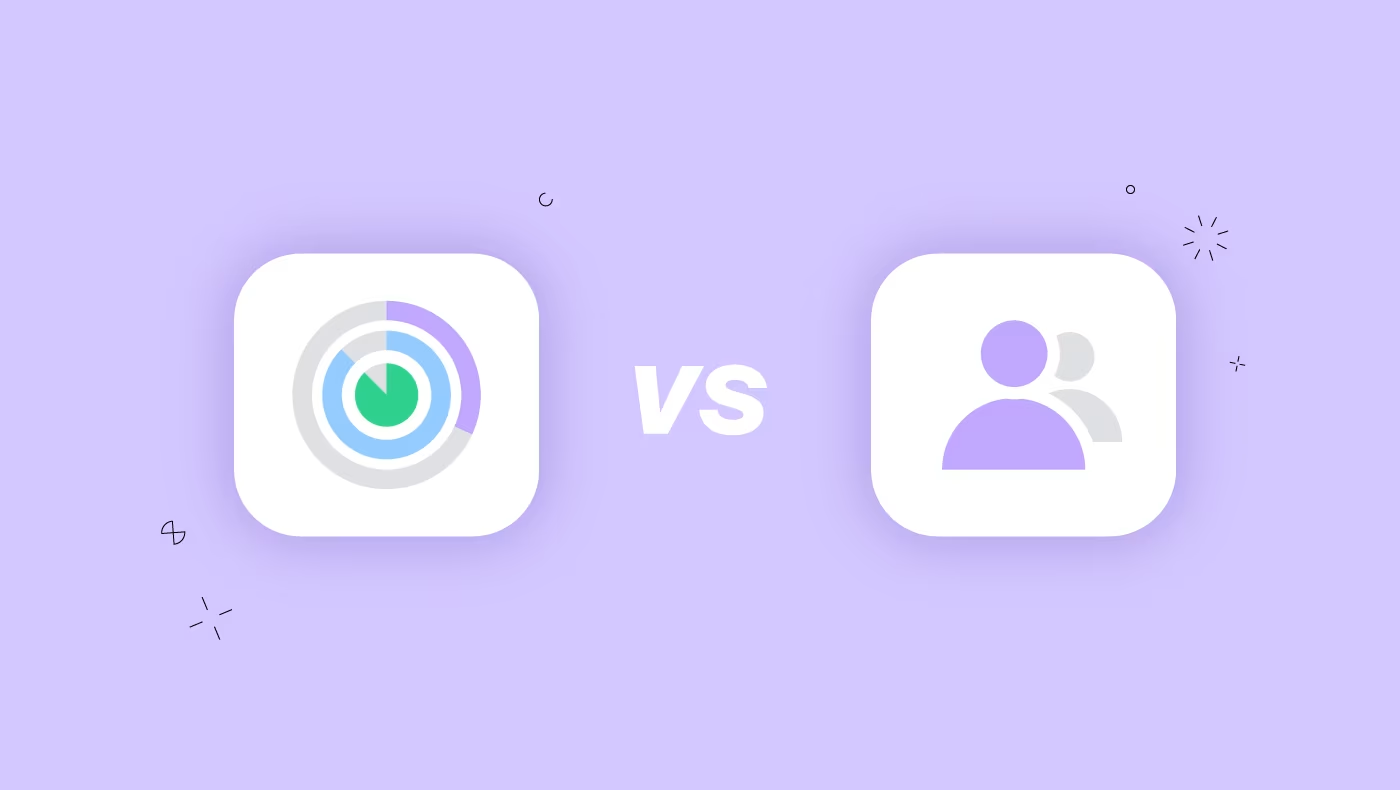What is Resource Leveling?
Resource leveling is a scheduling technique in project management that solves the problem when demand for resources exceeds supply. The idea is simple: instead of overloading people or equipment, the schedule is adjusted so resources are used in a balanced and sustainable way. This might mean delaying some tasks, extending timelines or reassigning work so no one or team is too busy.
For example, if two tasks require the same specialist at the same time, resource leveling would move one of those tasks to a later date. While this might slow down the project compared to the original plan, it ensures the work is done properly without overloading the person. The focus is on creating a realistic plan that matches actual capacity rather than forcing progress at an unsustainable pace.
This is especially useful in big or complex projects where many tasks overlap and bottlenecks can appear quickly. It reduces burnout, prevents errors caused by rushing and keeps workloads even across the team. The trade off is deadlines might shift but the payoff is a healthier team and smoother execution.
In short, resource leveling balances efficiency with sustainability so the project can move forward without overloading its most valuable assets: people and resources.

